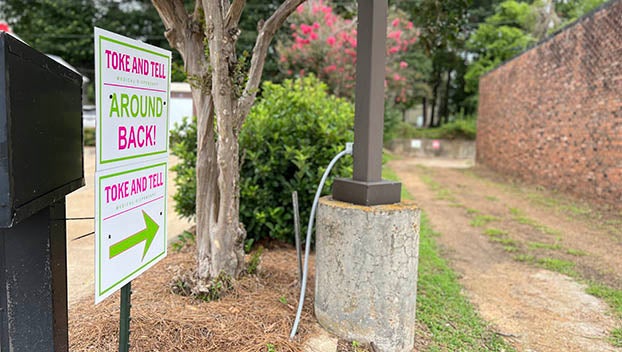Deal reached on Metro unit
Published 12:04 am Thursday, September 27, 2012
NATCHEZ — Since the inception of Metro Narcotics, any funds that resulted from the seizure of drugs, cash and other goods have been channeled back into the task force’s operating budget.
But now, some of that money might be flowing into the coffers of the two local law enforcement agencies that jointly operate Metro Narcotics, the Natchez Police Department and the Adams County Sheriff’s Office.
During a recent joint meeting of the county board of supervisors and city board of aldermen, Natchez Mayor Butch Brown said he would like to see proceeds from drug seizures directed to the agency that initiated the police action that resulted in the seizure.
Earlier this week, Natchez City Attorney Hyde Carby told the aldermen an agreement to tweak the interlocal agreement creating Metro Narcotics had been reached.
“The only difference in the agreement is that in the event there is a drug bust in which a forfeiture is involved, the initiating agency — either the police department or the sheriff’s office — gets a 20 percent cut of any cash and fees,” Carby said.
The city felt such a change was a good way to raise salaries or buy new equipment for the police department, Carby said.
“It is a change that is beneficial to the sheriff’s office or to the
police department,” he said. “It is certainly fair since we both get something out of it.”
The changes would still need to be ratified by the Adams County supervisors.
Under the current agreement, if a police officer or a deputy suspects drug involvement in a crime, Metro Narcotics is contacted, and anything seized is forfeited to Metro to fund its operations, including the purchase of equipment and training.
Adams County Sheriff Chuck Mayfield said the change is not something he wanted but it was not something over which he wanted to fight.
“I am certainly not going to fight about it and lose the unit over it,” Mayfield said.
Any proceeds the sheriff’s office might receive from any drug forfeitures would be directed back to Metro Narcotics, he said.
“(Metro is) using the money from the drug community to fund the enforcement against the drug community instead of having to go to the tax payers every year,” Mayfield said.
Under the new agreement, the police department and the sheriff’s department will provide a minimum of two officers each to the drug taskforce. Mayfield said that while the sheriff’s office is only required to supply two deputies, the four deputies already assigned to Metro Narcotics will be kept in place.





